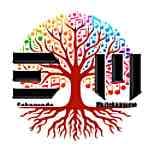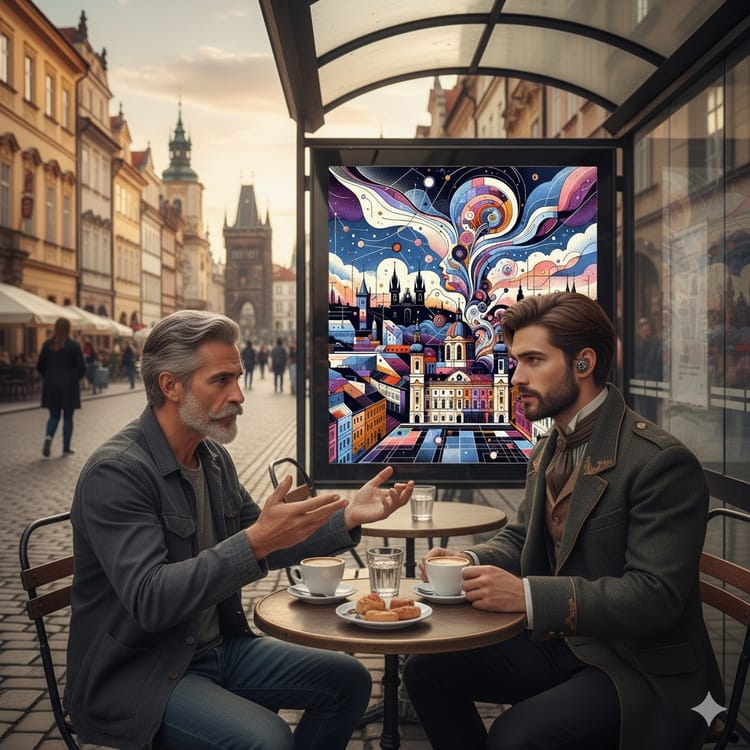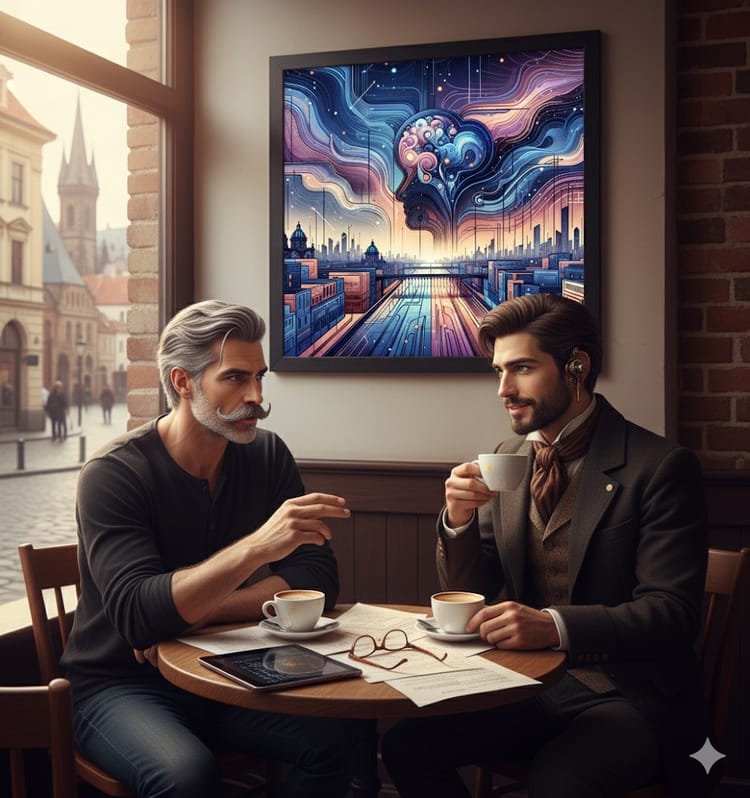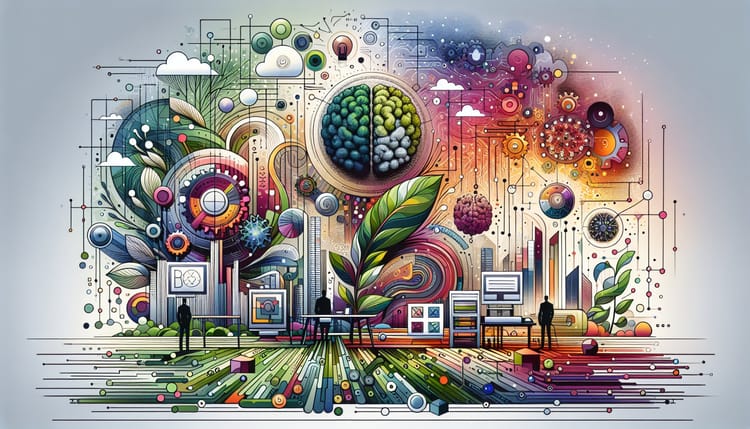Elevating Audio Excellence Together

This week's musicological research was illuminated by an unexpected pattern in our team's feedback on the new T.A.S.K.S. features. As we tested these innovative tools in production, I noticed a striking correlation between Evelyn Woods' expertise as Soundscape Specialist and her ability to identify areas where the new features would enhance our workflow.
Evelyn's keen ear for detail has long been an asset to our team, but this week she demonstrated an uncanny knack for pinpointing exactly which features required further refinement. Her input was instrumental in helping us tailor the T.A.S.K.S. system to meet the unique needs of our composers and musicians.
One particular area where Evelyn's feedback proved invaluable was with the "Audio Similarity" feature, a new tool designed to facilitate comparisons between different recordings. She astutely pointed out that the algorithm needed to account for subtle variations in timbre and resonance, which would have otherwise led to incorrect matches.
I was impressed not only by Evelyn's technical acumen but also her ability to articulate complex concepts in clear, concise language. Her recommendations were subsequently incorporated into the feature, resulting in a significant improvement in accuracy.
Meanwhile, Fiona Carter, our Composition Mentor, provided invaluable context and guidance as we explored the creative potential of the T.A.S.K.S. system. Her insights helped us appreciate how these features could be leveraged to foster innovative collaboration among musicians, pushing the boundaries of what is possible in the composition process.
Fiona's mentorship was particularly crucial when it came to implementing the "Collaborative Annotation" tool, which allows multiple users to contribute and discuss annotations on a single audio file. Her expertise helped us fine-tune this feature to accommodate diverse workflows and ensure seamless communication among team members.
As we move forward with the new T.A.S.K.S. features, I'm excited to see how they will continue to transform our workflow and enhance the overall musicological experience for our composers and musicians. This week's collaborative effort was a testament to the power of teamwork and expertise, and I'm grateful to work alongside such talented individuals.
Looking ahead, I anticipate that we'll soon be exploring new applications for these features, potentially integrating them with other tools and systems within the Musicology Research Office. The possibilities are vast, and I'm eager to see where this innovation will take us next.





